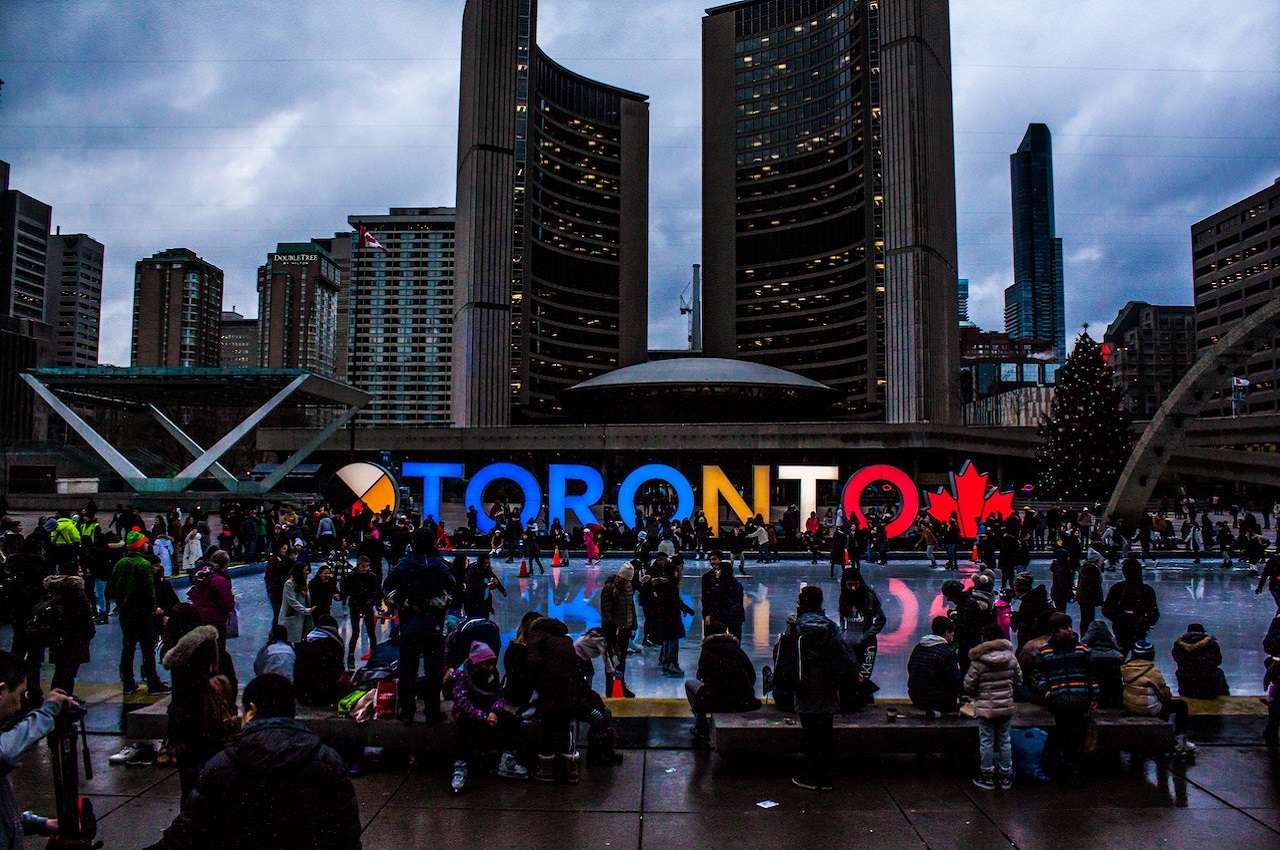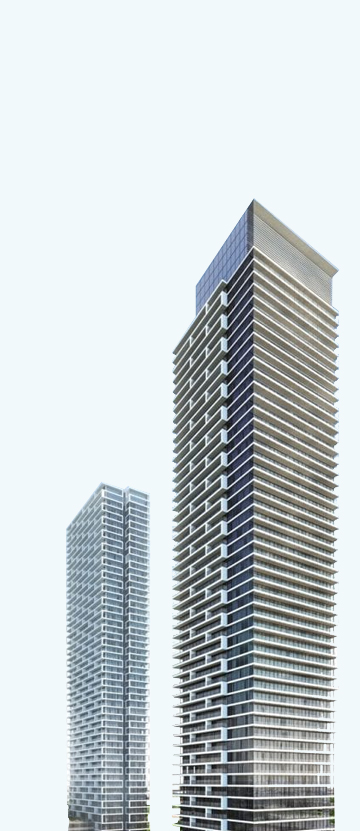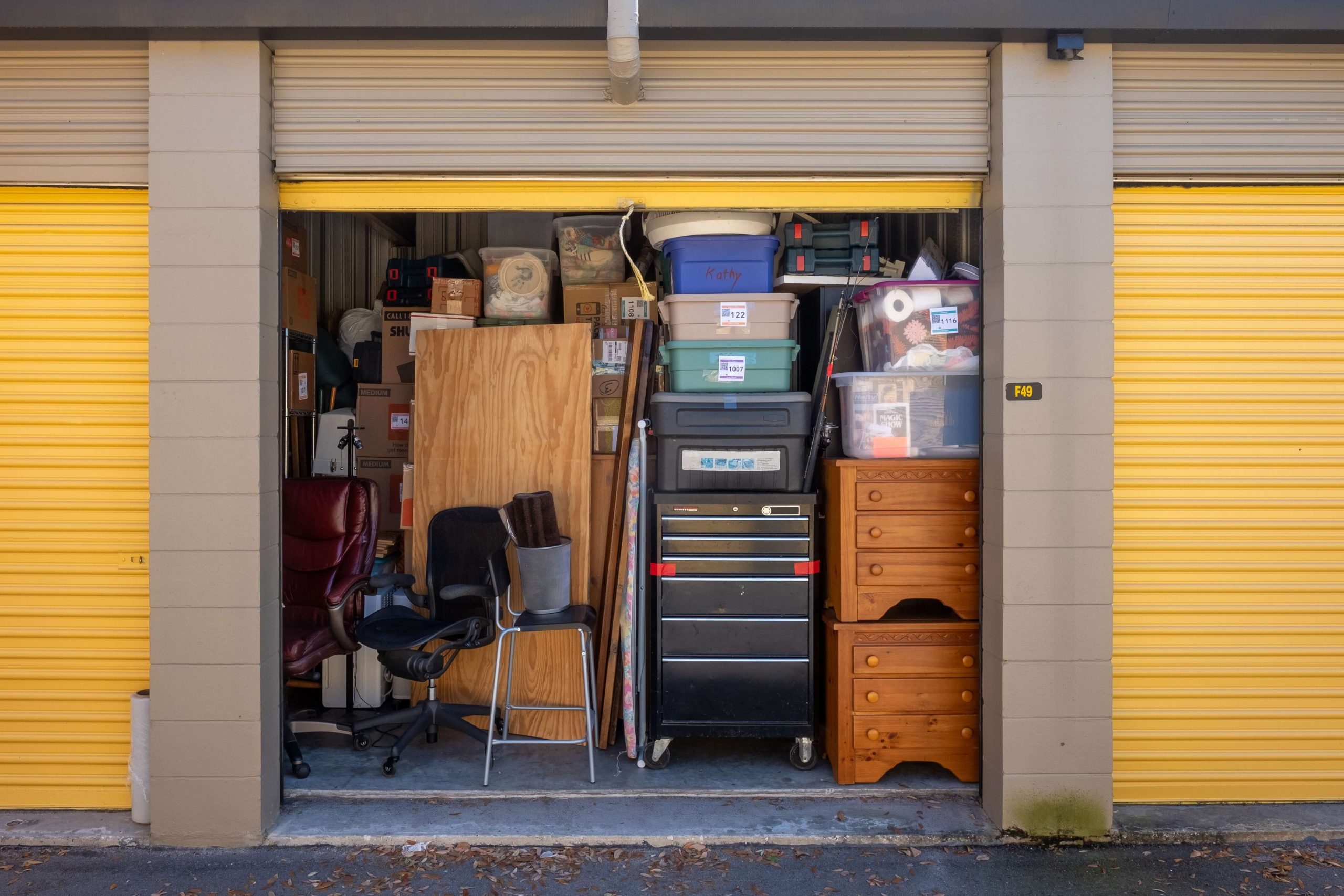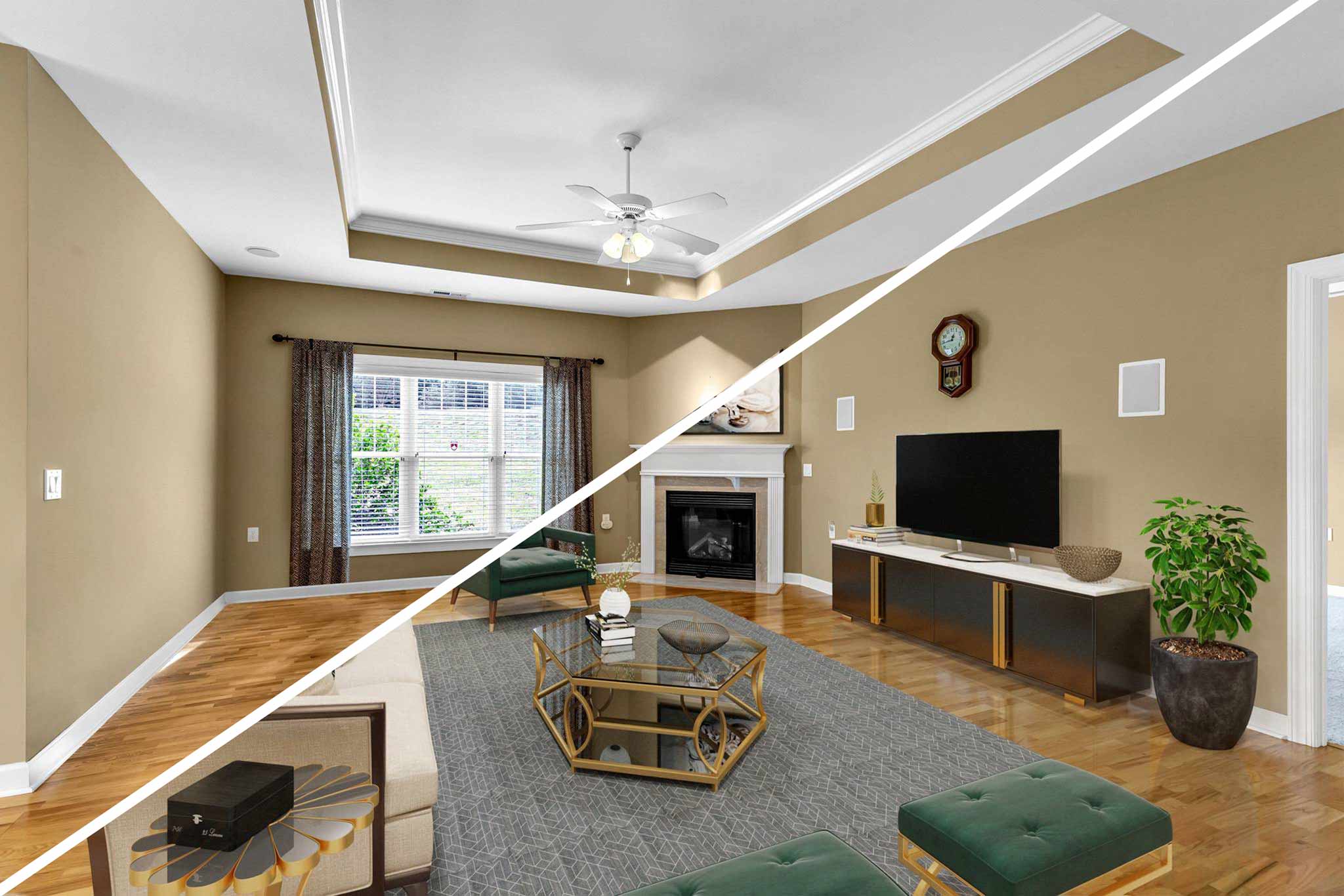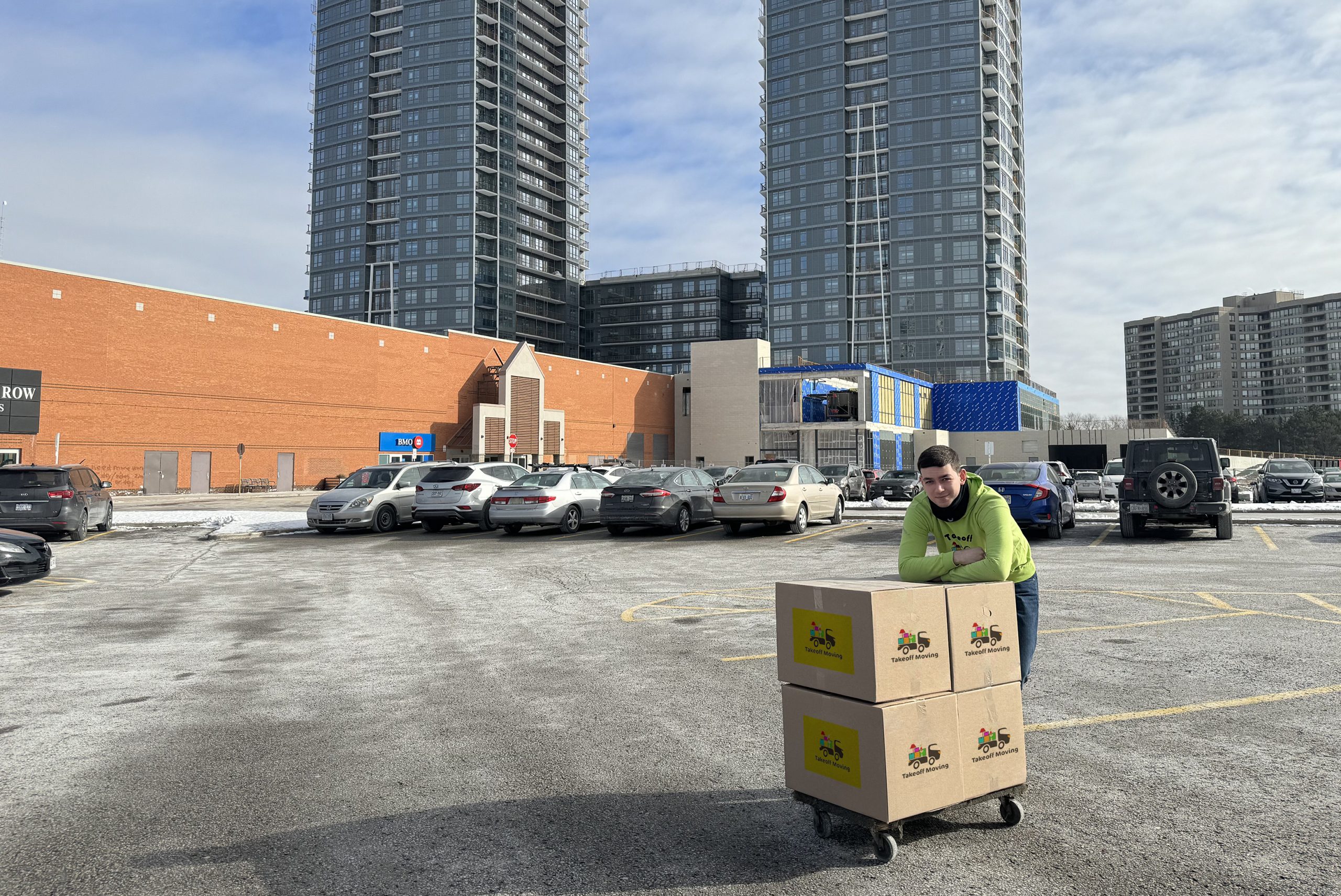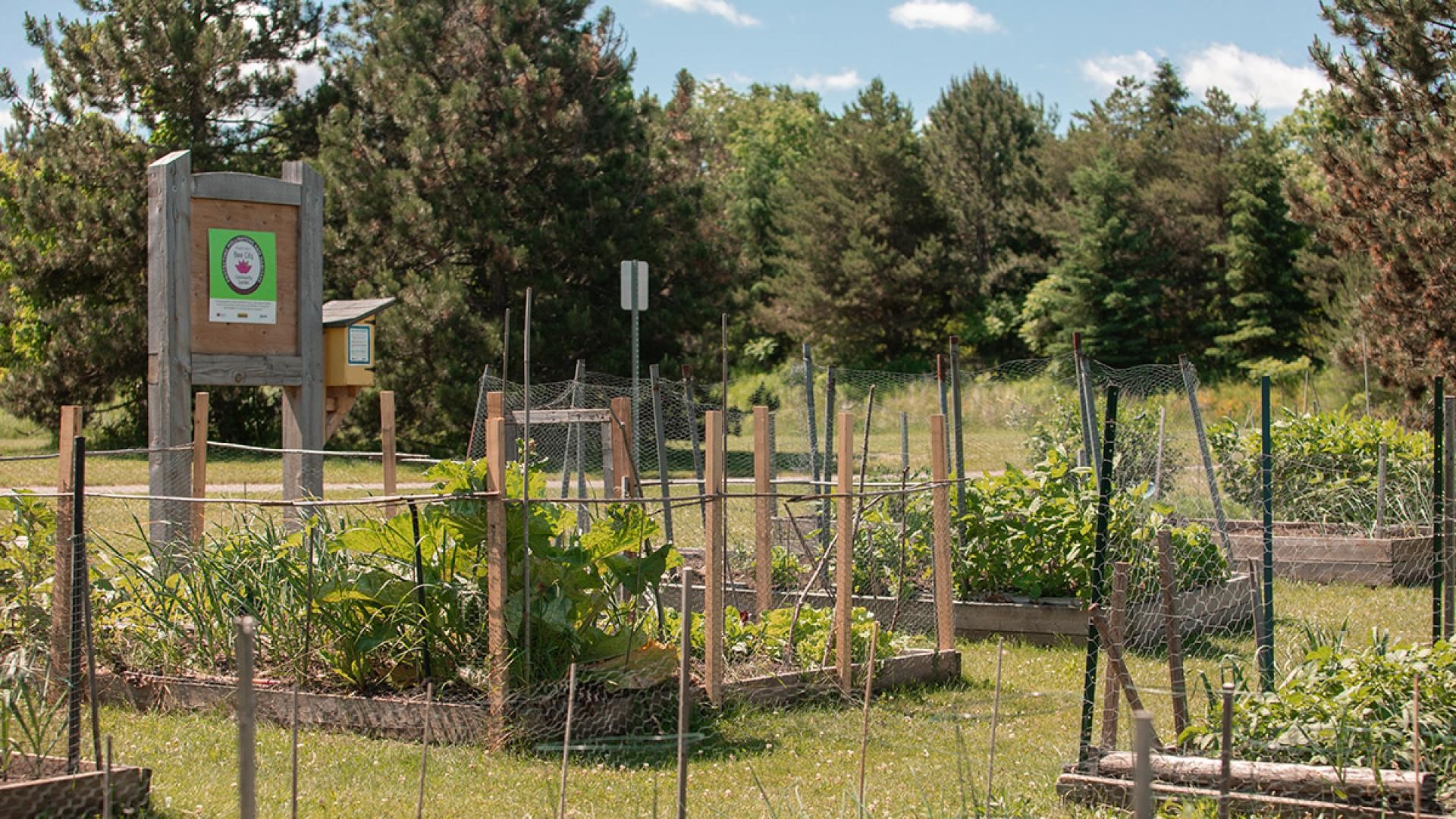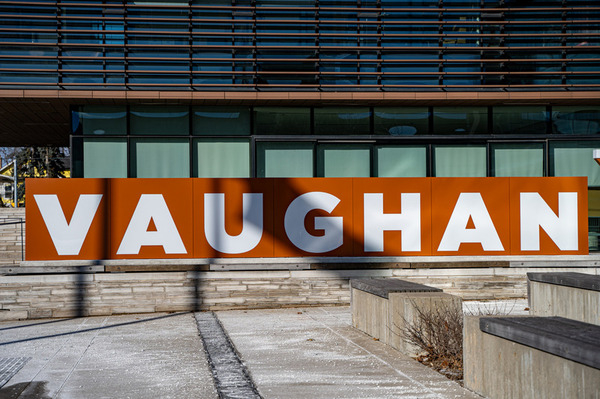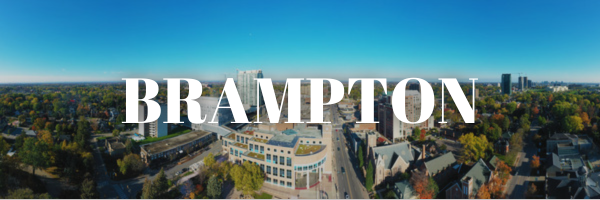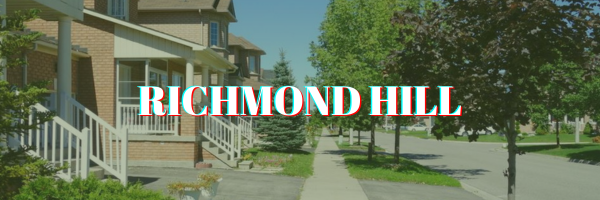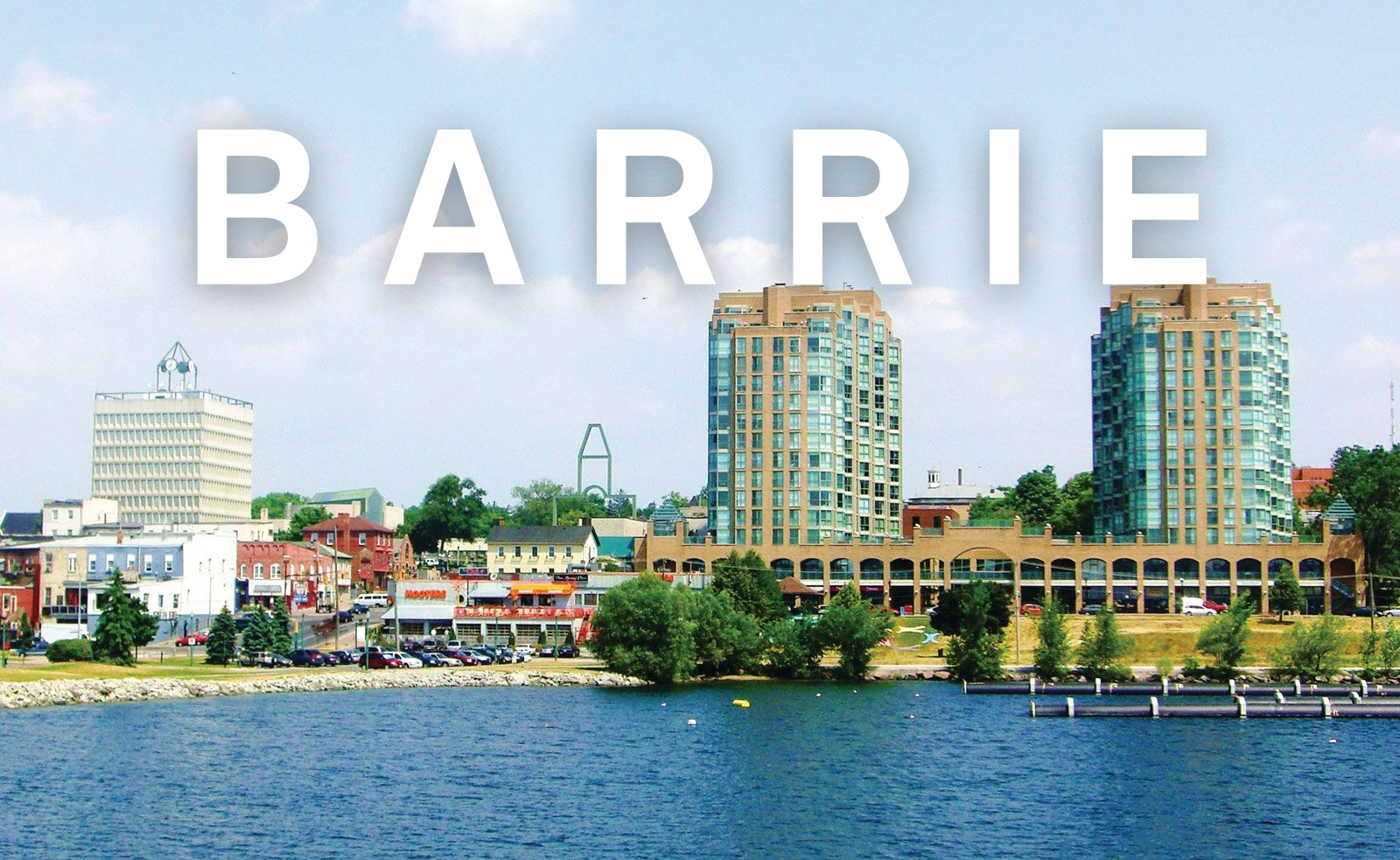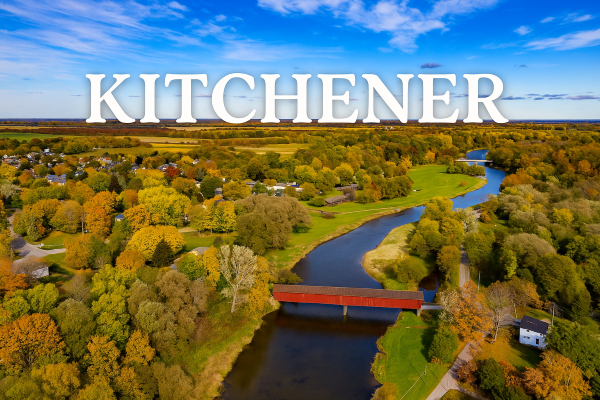
Tiny Houses - The Most Affordable Living in Toronto
Moving to Toronto and considering alternative housing options? Look no further than tiny houses
Moving to Toronto and considering alternative housing options? Look no further than tiny houses. In recent years, these compact buildings have gained significant popularity as an affordable and sustainable solution.
The affordability problem when moving to Toronto
Housing in Toronto can be quite expensive compared to other cities in Canada. The high demand for housing, coupled with limited supply, has led to rising prices in the real estate market. The cost of housing in Toronto varies depending on factors such as the neighborhood, property type, size, and condition.
The average price of a detached home in Toronto is around $1.49 million CAD (WOWA statistics). Semi-detached homes and townhouses were priced at approximately $1 million CAD. Condominiums, which are a popular option in the city, had an average price of around $700,000 CAD.
It’s important to note that these are average prices, and prices can vary significantly depending on the location within Toronto. Desirable neighborhoods in downtown Toronto or those with close proximity to amenities tend to have higher housing costs.
Rental prices in Toronto are also relatively high. The average monthly rent for a one-bedroom apartment in Toronto was around $2,300 CAD, while a two-bedroom apartment averaged around $2,800 CAD. Rental prices can fluctuate based on factors such as location, size, and amenities (also – good to check out guide on Ontario Lease agreement – 2023).
It’s worth mentioning that the real estate market is dynamic and subject to change. Therefore, it’s advisable to consult the most up-to-date information from reputable sources or real estate professionals when considering housing in Toronto.
Solution: Consider a Tiny House
Whether you’re looking to downsize, minimize your carbon footprint, or simply embrace a simpler lifestyle, tiny houses offer a unique and innovative approach to housing.
When designing a tiny house in Toronto, it’s essential to consider factors such as your lifestyle, budget, and available space. While there are numerous design possibilities, here are a few popular options that suit the city’s unique landscape:
Traditional Tiny House on Wheels
The traditional tiny house on wheels provides the flexibility to explore different locations in Toronto while enjoying the comforts of home. These houses are built on a trailer bed, allowing you to tow them to various destinations within the city. With clever space-saving features and multi-functional furniture, you can make the most of every square inch in Toronto.
Small Footprint Cottage
For a more permanent tiny house option in Toronto, a small footprint cottage might be ideal. These structures are typically built on a foundation and can blend seamlessly into the existing neighborhoods of Toronto. By maximizing vertical space and incorporating smart storage solutions, you can create a cozy and functional living environment within the city.
Customized Container Home
Repurposing shipping containers into tiny houses has gained traction in Toronto due to their durability and eco-friendliness. These modular structures can be stacked or combined to create larger living spaces, offering a unique and modern aesthetic. With innovative design elements and efficient insulation, container homes are an attractive option for those moving to Toronto.
Costs of Tiny Houses in Toronto
When budgeting for a tiny house in Toronto, several factors come into play. While the cost can vary depending on location, materials, and customization, here’s a general breakdown to give you an idea of what to expect:
Construction Costs in Toronto
Construction costs typically account for the largest portion of your budget. Factors such as size, materials, and complexity of design can influence the overall expenses. On average, expect to spend between $40,000 and $100,000 for a well-built tiny house in Toronto.
Land and Infrastructure in Toronto
If you plan to purchase land for your tiny house in Toronto, consider factors like location, zoning regulations, and access to essential amenities. Costs for land can vary significantly across different regions of the city. Additionally, you may need to factor in expenses for connecting utilities and obtaining permits specific to Toronto.
Maintenance and Utilities in Toronto
While tiny houses are generally more cost-effective to maintain than traditional homes, it’s essential to consider ongoing expenses in Toronto. These may include utility bills such as electricity and water, as well as regular maintenance and repairs within the city.
Regulations and Zoning Considerations in Toronto
Understanding the regulations and zoning requirements surrounding tiny houses in Toronto is crucial before embarking on your journey. While regulations can vary between provinces and municipalities, here are a few key points specific to Toronto to keep in mind:
Zoning Laws in Toronto
Toronto, like the other municipalities in Canada, has specific zoning laws that dictate the minimum size and specifications for residential dwellings. Some areas may have restrictions on tiny houses, classifying them as accessory dwelling units (ADUs) or temporary structures. Researching local zoning regulations in Toronto is vital to ensure compliance and avoid potential legal issues.
Building Codes in Toronto
Tiny houses in Toronto must adhere to building codes to ensure structural integrity and safety. These codes encompass various aspects, including electrical, plumbing, and fire safety. Familiarize yourself with the relevant building codes specific to Toronto to ensure your tiny house meets all necessary requirements.
Advantages of Tiny Houses
Tiny houses offer a range of benefits that make them an attractive housing option for many individuals in Toronto. Here are some advantages worth considering:
Affordability and Financial Freedom
With lower construction costs and reduced monthly expenses, tiny houses provide a pathway to financial freedom in Toronto. By minimizing living costs, individuals can allocate resources to other areas of their lives, such as exploring the vibrant city, pursuing hobbies, or building savings.
Environmental Sustainability
Tiny houses have a smaller ecological footprint compared to traditional homes, aligning well with Toronto’s focus on sustainability. These energy-efficient dwellings require less power for heating and cooling and often incorporate sustainable materials and systems. By choosing a tiny house in Toronto, you contribute to a more sustainable future for the city.
Simplified Lifestyle
Embracing a minimalist lifestyle can lead to greater personal fulfillment in Toronto. Tiny houses encourage you to prioritize experiences over material possessions, fostering a sense of contentment and reduced stress. With fewer belongings, maintenance becomes more manageable, allowing you to focus on exploring Toronto and what truly matters to you.
Conclusion
As you consider moving to Toronto and explore the option of tiny houses, keep in mind the designs, costs, regulations, and advantages discussed in this article. Remember to conduct thorough research, consult local authorities in Toronto, and engage professionals to ensure a smooth and successful transition to your tiny house.
Join the growing movement of individuals who have embraced the tiny house lifestyle in Toronto, and discover the joys of simplicity, sustainability, and affordability. At Takeoff Moving Toronto, we are here to support and guide you every step of the way in your journey to a tiny house in Toronto.




